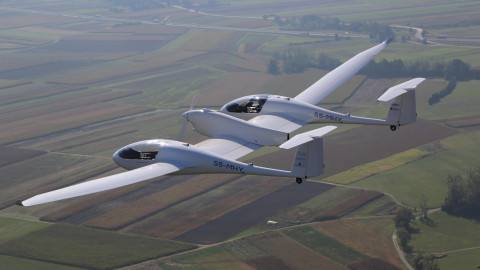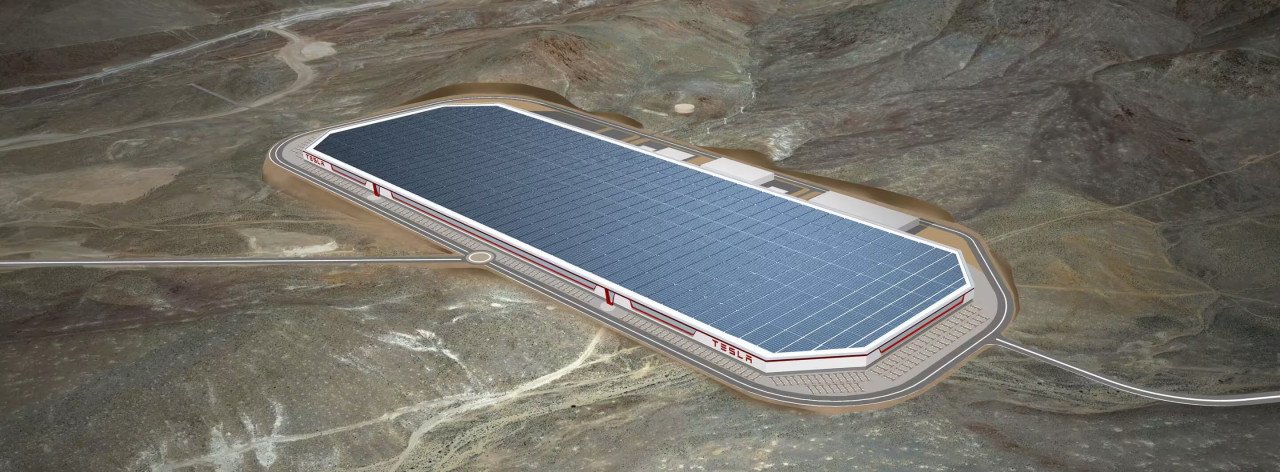H2FLY’s HY4, H2-electric passenger aircraft sets a 7,000 ft altitude record
Stuttgart-based German aerospace company H2FLY has announced that it has set a new world record for its four-seater HY4, which became the first hydrogen-powered passenger aircraft to reach an altitude above 7,000 ft (2,134 m) on April 13.
In addition, the HY4 made the first flight by a hydrogen-powered passenger craft from one major airport to another, traveling 77 miles (124 km) from Stuttgart to Friedrichshafen on April 12.
First taken to the air in 2016, the HY4 with its unique twin-fuselage design is based on the Pipistrel Taurus G4 aircraft. However, where the G4 is an all-electric aircraft, the HY4 is a hybrid design powered by a low-temperature hydrogen fuel cell system developed by the DLR Institute of Engineering Thermodynamics (DLR) in association with Hydrogenics.
To save weight, the hydrogen is stored under a pressure beneath 5,800 psi in two carbon composite tanks, one in each fuselage. These feed into the fuel cell, while lithium-ion batteries provide a power boost during moments of peak demand by the 80-kW electric motor. The aircraft has a cruising speed of 90 mph (145 km/h) and a projected range of up to 900 miles (1,500 km) under minimum payload and optimum flight conditions.
To save weight, the hydrogen is stored under a pressure beneath 5,800 psi in two carbon composite tanks, one in each fuselage. These feed into the fuel cell, while lithium-ion batteries provide a power boost during moments of peak demand by the 80-kW electric motor. The aircraft has a cruising speed of 90 mph (145 km/h) and a projected range of up to 900 miles (1,500 km) under minimum payload and optimum flight conditions.
"This is a remarkable achievement for H2FLY, as no other hydrogen-powered passenger aircraft has flown between two commercial airports to date," said Dr. Josef Kallo, co-founder, and CEO of H2FLY.
"We are also thrilled to have set what we believe to be a new world record by reaching an altitude of over 7,000 feet with our HY4 aircraft. We want to thank our long-time partners Stuttgart Airport, University of Ulm, DLR Stuttgart, Friedrichshafen Airport, and AERO Friedrichshafen, for supporting us in our mission to make sustainable travel a reality."
Looking to usher in an era of emission-free, sustainable air travel, H2FLY expects to be flying hydrogen-electric aircraft carrying up to 40 passengers' distances of up to 1,240 miles (2,000 km) in "just a few years."





















